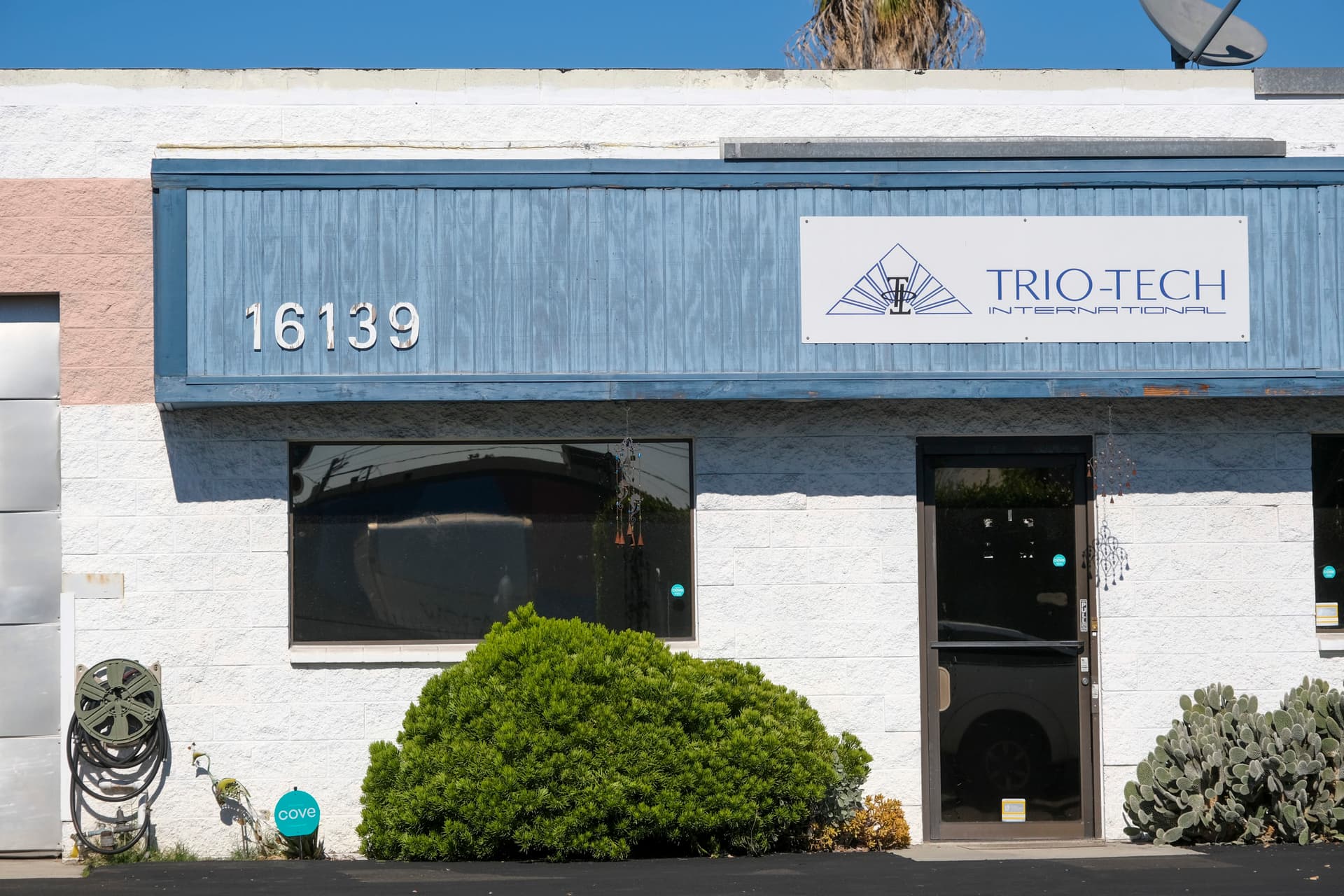Creators, Brands Move From Campaigns To Always On Partnerships
At the 2025 Forbes Creator Upfronts industry leaders outlined why advertisers are shifting from one off creator posts to always on partnerships that treat creators as co creators of intellectual property. The change matters because it alters how ad budgets are allocated, how value is captured, and how legal and governance frameworks must evolve to protect both brand equity and creator earnings.
Listen to Article
Click play to generate audio

The 2025 Forbes Creator Upfronts laid out a clear signal for marketers and creators alike, as panels explored when it makes economic sense to replace transactional influencer campaigns with longer term collaborations. The conversation centered on three practical drivers. First, brands are seeking predictable reach and repeatable performance. Second, creators want more stable revenues and greater control over the IP they help build. Third, platforms and investors are increasingly valuing creator owned intellectual property as a source of recurring returns.
Industry context frames the debate. Influencer marketing spend reached roughly $21 billion in 2023, and while total estimates of the broader creator economy vary, many analysts place it in the hundreds of billions of dollars globally. Against that backdrop, marketers at the event argued that short burst campaigns no longer guarantee sustained attention in crowded feeds. Longer relationships can improve message consistency, allow for iterative creative optimization, and create derivatives such as podcasts, branded products, and serialized video that generate licensing and subscription revenue over time.
Deal structures are evolving accordingly. Panelists reviewed revenue sharing arrangements that tie creator compensation to sales and streaming receipts, licensing agreements that clarify ownership and usage rights for co created content, and equity deals that give prominent creators stakes in companies or IP they help grow. Each model shifts risk and upside differently. Revenue sharing aligns incentives but can be complex to measure when attribution is diffuse. Licensing secures brand control but can limit creator upside unless clear reversion terms are included. Equity offers long term upside but introduces valuation and tax considerations that many creators are unprepared to manage.
Legal and brand governance were prominent themes. Contracts that once focused narrowly on performance metrics now have to cover rights reversion, exclusivity windows, moral clauses, and compliance with disclosure rules. Regulatory scrutiny of sponsored content continues to intensify, and uncertainty over intellectual property ownership across platforms remains a practical obstacle for both smaller creators and established brands. Lawyers and brand teams at the Upfronts emphasized building templates that scale, while preserving negotiable clauses for top talent.
Market implications extend beyond marketing departments. As more creators capture value through IP ownership and equity, media incumbents may face competition from creator led studios and vertical businesses. Advertisers may reallocate budget from one off activations to partnerships that look more like investments, changing the business models of agencies and platform ad products. For creators, the trend promises more stable income streams but raises the need for financial literacy and professional services in legal, tax and commercialization.
Deciding when to shift to always on partnerships will depend on measurable thresholds. Brands should weigh lifetime value of the partnership, frequency of content needed, and the potential to convert co created assets into recurring revenue. For creators, the calculus centers on whether the deal increases long term earning power and preserves rights to build IP. The Upfronts made clear that as audiences fragment and monetization diversifies, deeper partnerships are fast becoming a mainstream play rather than a niche experiment.


